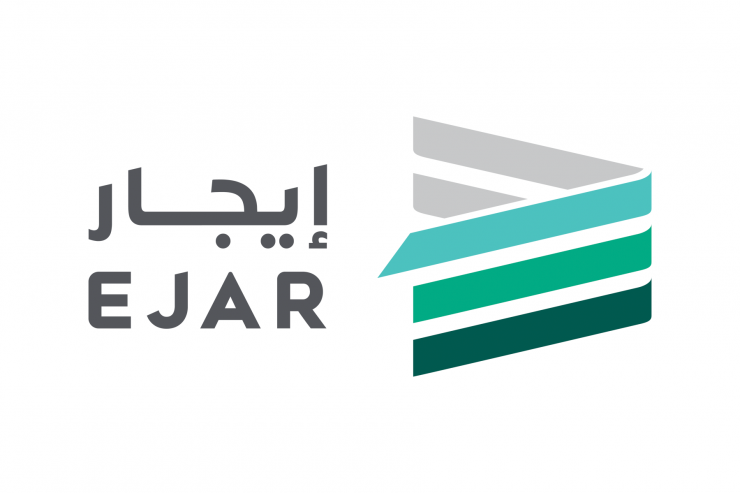The Ejhar platform, affiliated with the General Real Estate Authority, confirmed that rental contracts not registered in the “Ejhar” electronic network are not considered valid from an administrative or judicial standpoint.
It clarified that the Ministries of Justice and Housing are responsible for determining the necessary conditions and requirements for approving contracts within the network, including exceptional cases such as one party refusing to register, as per the Council of Ministers’ decision regarding rules to boost confidence in the residential rental market.
Additionally, government entities are required to verify rental contracts through the “Ejhar” network when providing services that require a rental agreement. The Ministry of Labor and Social Development mandates a registered contract in “Ejhar” for issuing or renewing work permits for non-Saudis, in coordination with the Ministry of Housing to determine the mechanism and covered professions.
Ejhar
“Ejhar” does not appear to correspond to a widely recognized place or cultural site in available historical or geographical records. It may refer to a local or lesser-known location, a misspelling, or a term from a specific cultural context. If you have additional details or context, please provide them for a more accurate summary.
General Real Estate Authority
The **General Real Estate Authority** (often abbreviated as **GREA**) is a government entity in Saudi Arabia responsible for regulating and developing the real estate sector. Established to enhance transparency and efficiency, it oversees property registration, promotes investment, and implements reforms in line with Saudi Vision 2030. Its initiatives aim to modernize the real estate market and support sustainable urban development.
Ministries of Justice
The Ministries of Justice is a government institution responsible for overseeing the legal system, ensuring the rule of law, and administering justice in a country. Its history varies by nation, but it often dates back to the establishment of modern governmental structures, evolving to address legal reforms and human rights. In many countries, it plays a key role in drafting laws, managing courts, and upholding civil liberties.
Ministry of Housing
The **Ministry of Housing** typically refers to a government department responsible for housing policies, urban development, and infrastructure planning. Such ministries exist in many countries, often established to address housing shortages, regulate construction, and ensure affordable living conditions. For example, the UK’s Ministry of Housing, Communities & Local Government (now DLUHC) was formed in 2006, evolving from earlier departments to tackle modern housing challenges.
Council of Ministers
The **Council of Ministers** is a key governmental body in many countries, typically consisting of senior officials or ministers who oversee major policy areas and advise the head of government or state. Historically, such councils have roots in early modern European governance, evolving from royal advisory groups into modern executive cabinets. Their structure and powers vary by country, often playing a central role in decision-making and administration.
Ministry of Labor and Social Development
The Ministry of Labor and Social Development is a government institution responsible for labor policies, social welfare, and workforce development in Saudi Arabia. Established to oversee workers’ rights, employment programs, and social services, it plays a key role in implementing the Kingdom’s Vision 2030 reforms to enhance economic participation and social support. The ministry also regulates labor laws, promotes Saudization (local employment), and ensures social security for citizens.






